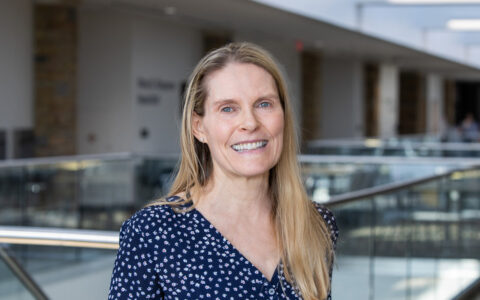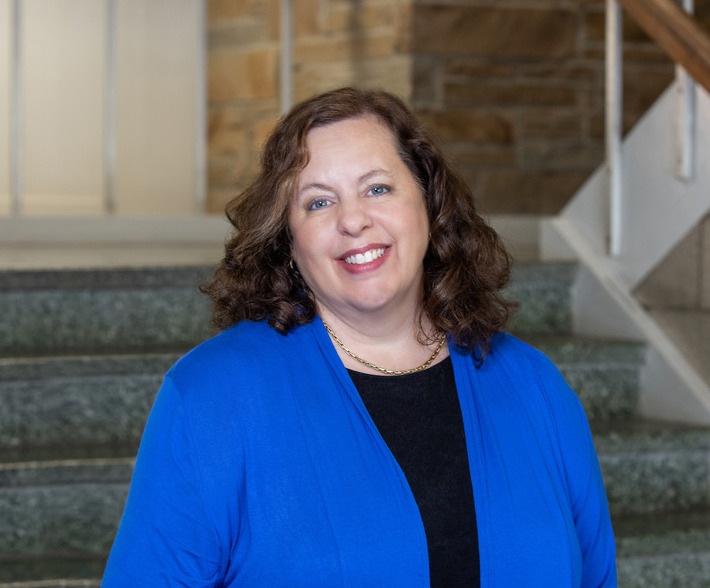Combine academic coursework and practical experience to rise to the challenge and make a measurable impact on human lives.
Our programs prepare you for meaningful careers in communication sciences and disorders. Supported by expert faculty who prioritize individualized learning, you will gain comprehensive training in developing and rehabilitating speech, language, and swallowing skills.
You will follow a sequence of basic science and pre-professional courses during your undergraduate study and participate in a practicum onsite during your senior year. Our master’s program combines academic coursework with in-depth practical experience in TU’s speech and hearing clinic with subsequent practica at various off-campus facilities. TU programs are designed to provide a strong academic and clinical foundation that allows you to expertly evaluate, treat and conduct research into human communication and swallowing disorders.













